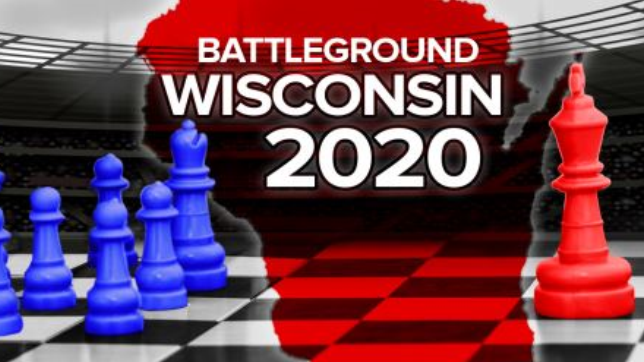A unanimous federal appeals court upheld a series of GOP-authored election laws — including restrictions on early, in-person voting — and ruled while the changes were designed to give Republicans a political advantage, they are nonetheless constitutional.
Yesterday’s decision means early voting is now limited to the two weeks before an election, roughly a third of the window that communities such ...
Please log in to access subscriber content.
If you don't have a subscription, please contact schmies@wispolitics.com for subscription options on the WisPolitics-State Affairs platform, which is the new home for WisPolitics subscriber products.


